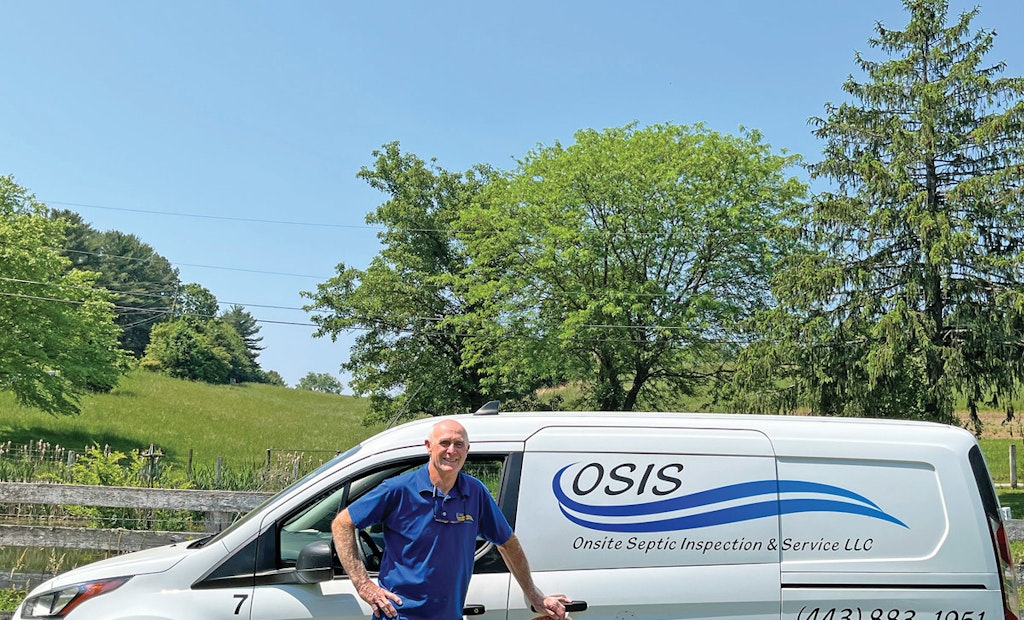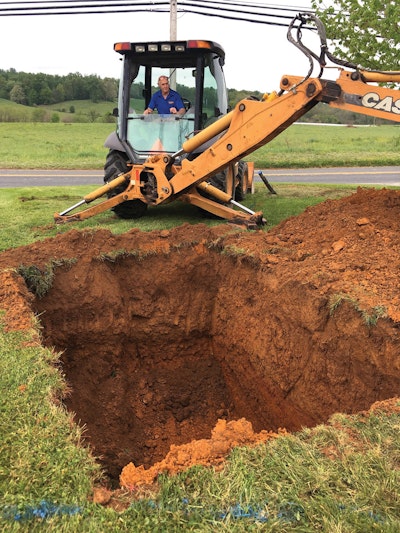
Mike Sample - I’m the owner and president of Sample Excavating. I’m also a service technician for Onsite Septic Inspection & Services.
In Snapshot, we talk to a member of a state, provincial or national trade association in the decentralized wastewater industry. This time we visit a member of the Maryland Onsite Wastewater Association.
Name and title or job description: Mike Sample. I’m the owner and president of...






